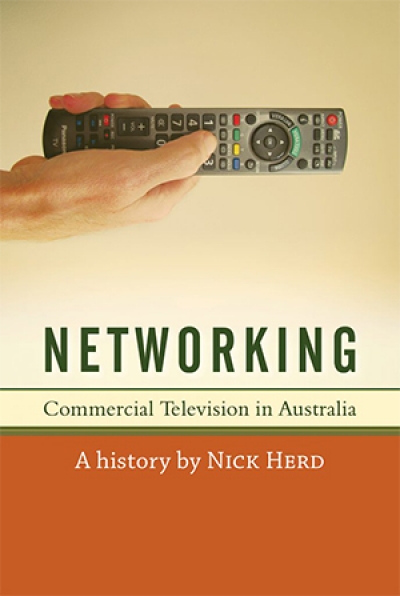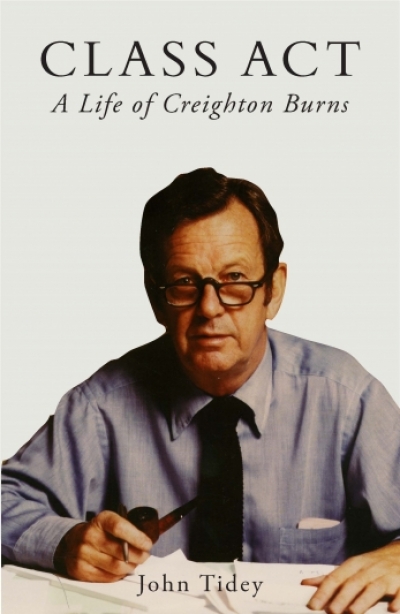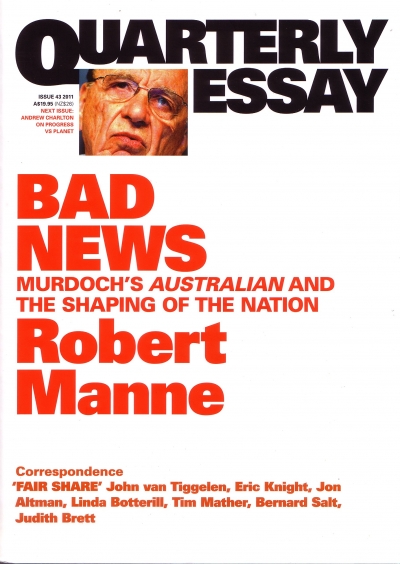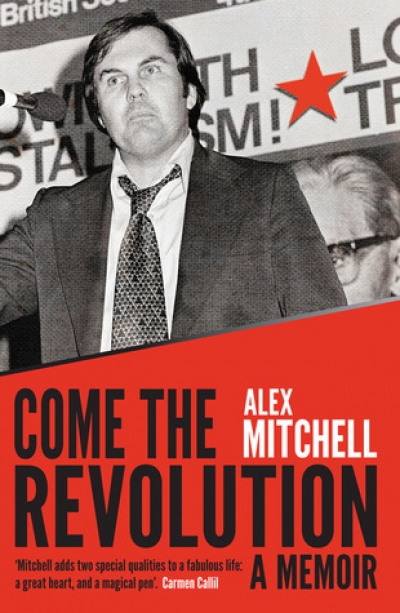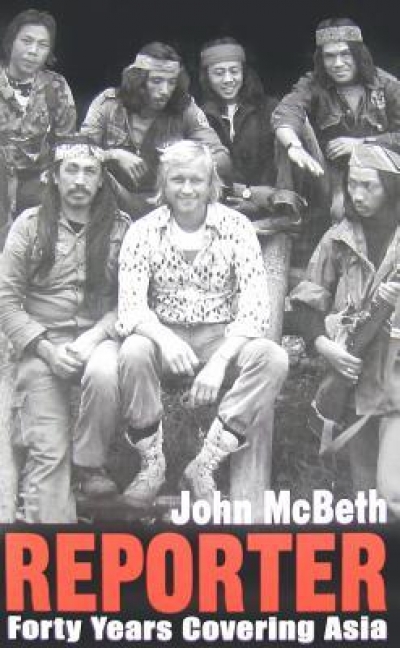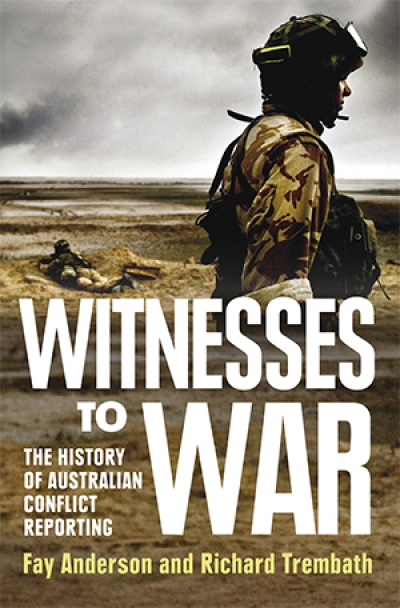Media
Networking: Commercial Television in Australia by Nick Herd
Nick Herd introduces Networking: Commercial Television in Australia by outlining the ‘five fateful choices’ that constrained, or perhaps enabled, commercial television to assume its peculiarly Australian form during the past fifty years. These revolved around technical matters such as transmission standards (European or American?), whether commercial players should own ‘the spectrum’, the number of viable services given the problem of too many broadcasters chasing too little content, and localism in regional services. To these he might have added the decision to regulate local (Australian-produced) content.
... (read more)Newspapers, they say, are in the throes of ‘far-reaching structural change’, a euphemism for ‘extinction’ that arouses complacency in the breasts of the e-literate; fury in those of the technophobes. But one only has to take a slightly longer view to realise that the golden age of newspapers, over which Creighton Burns presided as editor of The Age, may have only ever been a transitory phase.
... (read more)Rupert Murdoch: An Investigation of Political Power by David McKnight
It is a thought-provoking photograph. In 1988, during the bicentenary of The Times, Rupert Murdoch and Queen Elizabeth are pictured sitting at a news conference within the inner sanctum of the London broadsheet. Mogul and monarch are at arm’s length – she, straight-backed, legs crossed, hands gathered together above her lap; he, leaning forward and slightly to his right, towards her, with a piece of paper pinched between thumb and forefinger. Behind and between them, pinned to the wall, is what appears to be a photograph of Prince Charles crossing the road holding the hand of a very young Prince William.
... (read more)Bad News: Murdoch’s Australian and the Shaping of the Nation (Quarterly Essay 43) by Robert Manne
Were I Editor in Chief of The Australian for a day, the first thing I would do is can the ‘Cut and Paste’ section on the Letters page. Its schoolyard bullying of the fools and knaves idiotic enough to oppose the paper’s line – usual suspects include Fairfax journalists, the ABC, Greens politicians, Tim Flannery, and Robert Manne – lies at the heart of what stops The Australian from being a great newspaper. A favourite game is quoting a commentator saying discordant things at different times. As an argument, this is right up there with great moments in adolescent wit like, ‘You said Chanelle was a slag last week, and now you are going out with her!’
... (read more)In 1963, ASIO opened a file on a disreputable fellow named Laurie Oakes, who was then living with Alex Mitchell, another Daily Mirror reporter. The two men came to the spooks’ attention when Mitchell suggested hiding unionist Pat Mackie from the police ...
... (read more)Reporter: Forty Years Covering Asia by John McBeth
From childhood on a dairy farm in the flats beneath Mount Egmont, in New Zealand, John McBeth rose to become a senior foreign correspondent with the Far Eastern Economic Review, one of Asia’s most influential English-language news magazines. Like other old-school journalists, he asserts at the beginning of his highly entertaining memoir that no one can be ‘taught’ journalism; you are either born one, or not. So it proved in his case. A liberal arts education might have made the younger John a more reflective autodidact, but possibly not a more successful journalist.
... (read more)Bill Clinton discouraged politicians from picking fights with people who bought their ink by the barrel. Mindful of that advice, Lindsay Tanner has waited until the end of a career dedicated to the ‘serious craft of politics’ to remonstrate with the fourth estate about its fundamental unseriousness in reporting the democratic process ...
... (read more)Witnesses to War: The History of Australian Conflict Reporting by Fay Anderson and Richard Trembath
Witnesses to War, an ambitious book, is part of a larger project by the C.E.W. Bean Foundation to commemorate the work of Australian war correspondents. Fay Anderson and Richard Trembath, setting out to document the performance of Australian war correspondents, have tackled complex material. They deal with an enormous cast of characters and various interwoven themes, including the struggle against military censorship, how journalists have observed their duty to neutral coverage (or not), and the changing technology of reporting war – from sending stories by carrier pigeon or steamship in World War I to today’s live telecasts by journalists direct from battlefields in Iraq and Afghanistan. The book fills an important gap. Until now, Phillip Knightley’s more general work, The First Casualty: The War Correspondent as Hero and Myth-Maker (1975, 2004), has served as the final authority in this field. Knightley is a patron of the Foundation and an important influence.
... (read more)Piracy: The Intellectual Property Wars From Gutenberg to Gates by Adrian Johns
When members of the rock band Men at Work recorded their legendary hit ‘Down Under’ in the early 1980s, they wanted to inject a stronger sense of Australianness into the song, so they included a flute riff of a few bars echoing the classic Australian children’s chorus ‘Kookaburra sits in the old gum tree’, just as one might, in a different geographical con ...
On 30 July 2010, WikiLeaks uploaded a file named ‘insurance.aes256’ to the Internet. The file was 1.4 gigabytes in size – large enough to hold a mountain of leaked documents – and encrypted with a 256-character key strong enough to have the US National Security Agency’s approval for use to secure classified documents. It was also copied to dozens of USB sticks and mailed out to a cadre of WikiLeaks supporters around the world. In a letter enclosed with the USB sticks, WikiLeaks said that ‘insurance.aes256’ contained an encrypted archive:
... (read more)

